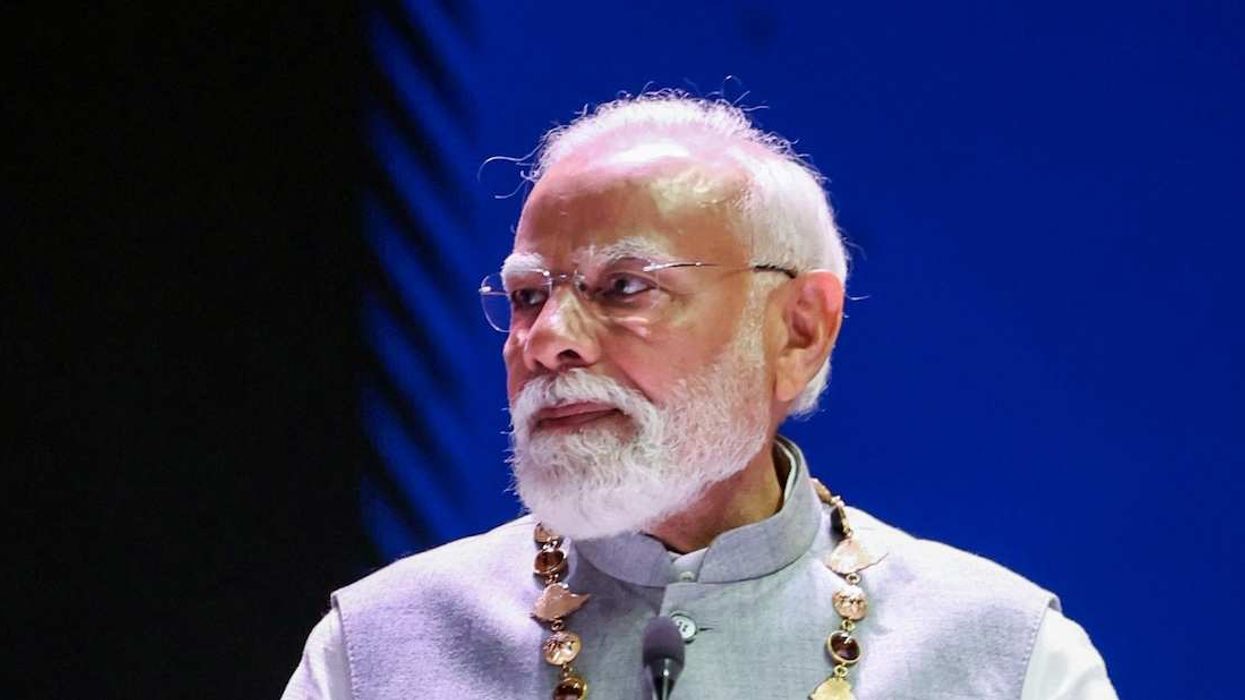Thai Prime Minister Srettha Thavisin announced Monday that citizens will be able to register for a digital wallet handout starting in August that will give about $275 each to 50 million people. It’s the latest in a series of populist policies put forward by the ruling Pheu Thai party, which cut a deal with the military to take power last year.
The idea is to offer folks an incentive to download the new digital wallet. Digital currencies are issued by a country’s central bank and function just like the fiat money you use every day. There are pilot programs in the EU, China, India, Saudi Arabia, and many other countries.
The government claims this handout, equivalent to roughly 66% of the average monthly income in Thailand, will help grow the economy by about 1.6%. The program is restricted to Thais who earn less than $23,000 a year (about three-quarters of the population) and they’ll have to spend it in small shops near their homes. But the Bank of Thailand has concerns – as do many economists, as it will push the debt-to-GPD ratio past 66% and increase the fiscal deficit.
That may be a risk Srettha is willing to run, considering his approval rate hovers around 12.85%. His efforts to pass popular policy, including a recriminalization of cannabis, and legalization of same-sex marriage, have done little to erase the stain Pheu Thai acquired by siding with the military to push out the Move Forward party, who won the largest share of seats in 2023. We are watching whether handing out cash can reverse his slide.


















